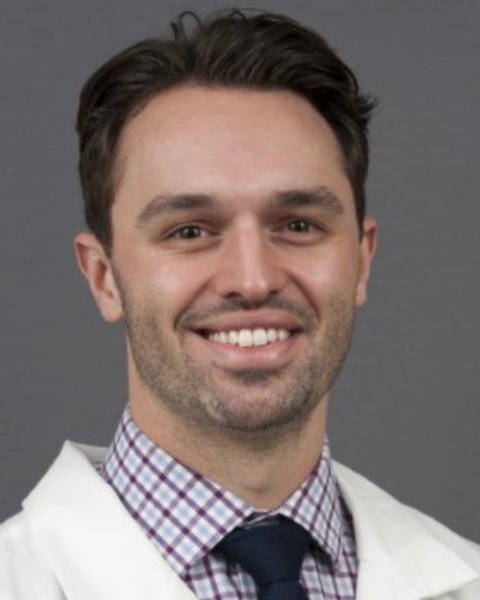Breast
E37: Value Implications of Facility Type in Breast Conservation Surgery: A Comparative Analysis of Tertiary and Community-Based Hospitals

Edward A. Joseph, MBBS (he/him/his)
Cancer Clinical Outcomes Research Fellow
Allegheny Singer Research Institute
Pittsburgh, PA, Pennsylvania, United States
Edward A. Joseph, MBBS (he/him/his)
Cancer Clinical Outcomes Research Fellow
Allegheny Singer Research Institute
Pittsburgh, PA, Pennsylvania, United States
Edward A. Joseph, MBBS (he/him/his)
Cancer Clinical Outcomes Research Fellow
Allegheny Singer Research Institute
Pittsburgh, PA, Pennsylvania, United States
Conor M. Maxwell, MD (he/him/his)
Resident Physician
Allegheny Health Network
Pittsburgh, Pennsylvania, United States- JD
Jasmine Dwyer, MD
Resident Physician
Duke, United States - BA
Bibek Aryal, MD, PhD
Research Fellow
Allegheny Singer Research Institute, United States 
Patrick L. Wagner
Director, Complex General Surgical Oncology
Allegheny Health Network Cancer Institute
Pittsburgh, Pennsylvania, United States.jpg)
David L. Bartlett, MD
Faculty
AHN
Pittsburgh, Pennsylvania, United States- TB
Tyson S. Barrett, n/a
Manager Research Analytics and Enablement
Highmark Health, United States - SC
Suzanne Coopey, MD
Physician
Allegheny Health Network, United States - CA
Casey J. Allen, n/a
Physician
AHN, United States
ePoster Abstract Author(s)
Submitter(s)
Author(s)
Value-based care prioritizes outcomes while minimizing expenditures. Breast conservation surgery (BCS) includes partial mastectomy with or without lymph node biopsy, a procedure commonly performed both in tertiary hospitals (TH) as well as community hospitals (CH). However, the value implications based on location of care are unknown. We assess the outcomes and costs of BCS based on treatment facility.
Methods:
Patients who underwent BCS for clinical stages 0-II breast cancer from April 2015 to September 2021 within a large integrated cancer network were analyzed. Propensity matched cohorts based on age, clinical stage, Charlson comorbidity index, and specialized training of the surgeon were developed. Oncologic and perioperative outcomes, institutional (provider) costs, and healthcare utilization (HCU; insurance/payer costs) were compared between TH and CH.
Results:
1,473 cases were analyzed. Of these, 242 TH cases were matched to 242 CH cases. This cohort was 62.6±11.6 years and 100% female. The median follow up was 29.0 (15.7-42.2) months. Stage distribution was 20% clinical stage 0, 72% stage I, and 8% were stage II. Fellowship-trained breast surgical oncologists conducted most surgeries, with no difference observed based on facility type (79% TH, 79% CH; p=0.981). Sentinel lymph node biopsy rates were similar based on location (84% TH vs 81% CH, p=0.404). Hospital length of stay and readmission rates were similar across facilities (both p >0.05). Direct institutional costs were 10% higher (p=0.135) and indirect costs were 28% higher (p< 0.001) at TH when compared to CH. The 30-day HCU was higher at TH ($17,023 ± $11,981) when compared to CH ($14,179 ± $8,502), p=0.038. Three-year recurrence-free survival rates remained consistent irrespective of facility (97% TH vs 97% CH, p=0.764).
Conclusions: While maintaining perioperative and oncologic outcomes, BCS provided at community-based hospitals provides cost-efficient care. These findings advocate for the decentralization of select breast cancer surgeries within integrated cancer networks.
Learning Objectives:
- Demonstrate that breast conservation surgery provided at community hospitals maintained similar perioperative and oncologic outcomes in comparison with tertiary hospitals.
- Understand that breast conservation surgery provided at community hospitals achieved comparable outcomes at lower institutional costs and lower overall healthcare utilization.
- Understand that breast conservation surgery performed at community hospitals offers cost-efficient care, highlighting the potential benefit of decentralizing specific breast cancer surgeries within integrated cancer networks.
